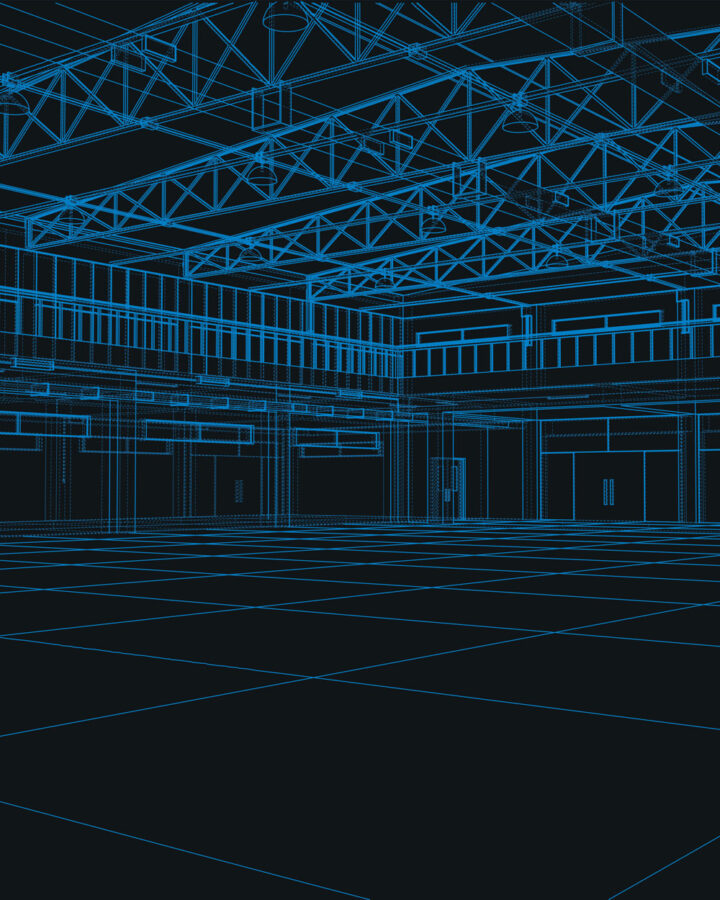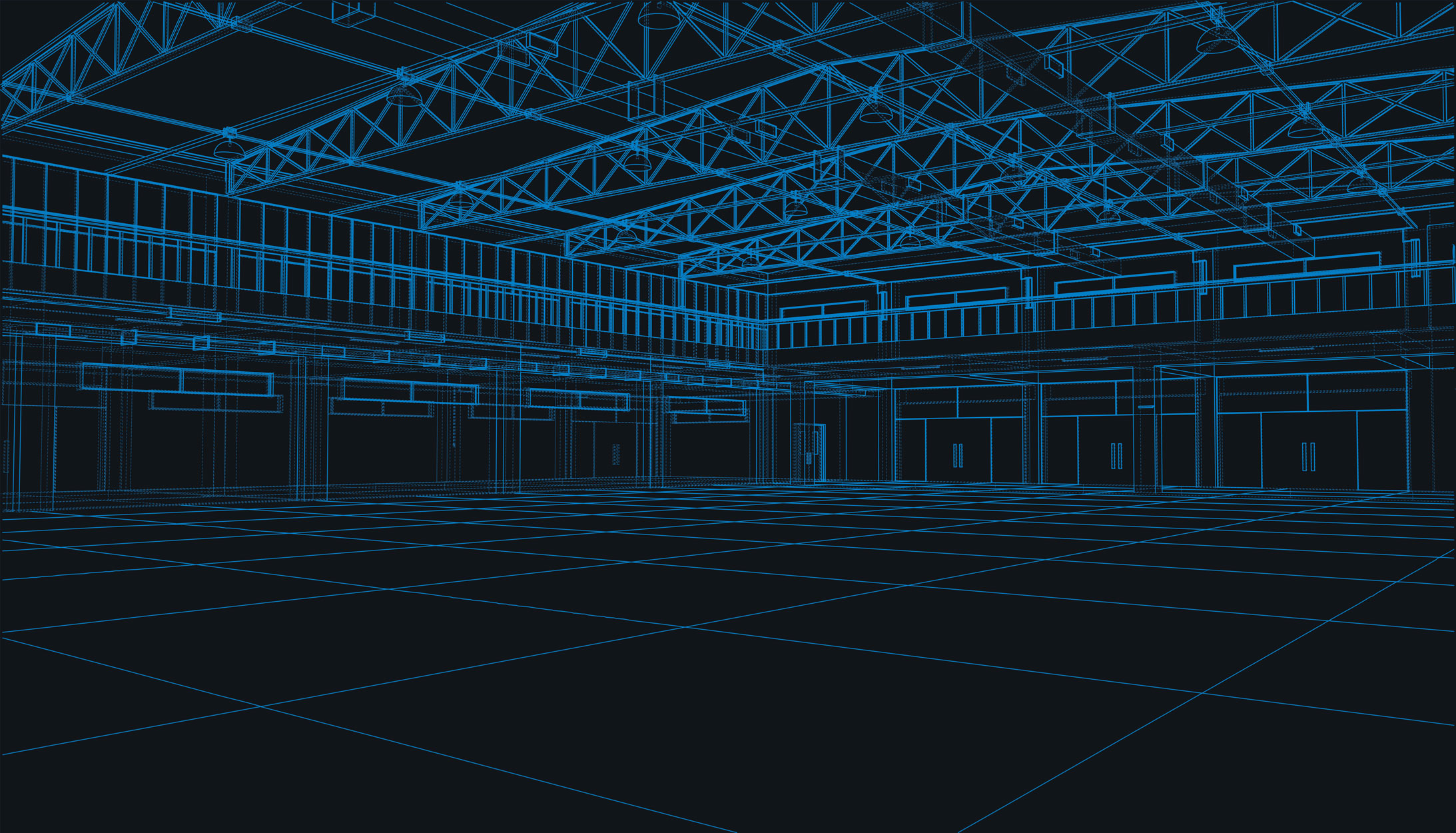Emailing is an incredibly convenient and popular tool for transferring information in the digital age we live in. They’re easy to create, fast to send and accessible on virtually any device. It’s for these reasons it has become so widely adopted in personal and professional sectors. It’s a system the construction industry has depended heavily upon to quickly and easily disseminate correspondence within project teams. When considering the evolvement of emailing, nothing is seen to have drastically changed, but why should it? On any given day, the global population sends upwards of 294 billion emails. That’s 3.5 million emails a second, if you’re quick with math. And because most people are already capable of managing an email account, companies can enjoy the increased efficiency email brings, with no financial investment for training.
With all the benefits email brings to private users, it provides little to no accountability for organisations. Designating responsibility and ownership of tasks are the intrinsic principals to ensure work is carried out, particularly in complex team environments like construction teams. With no functionality to set statuses in emails, users can’t adequately manage their actionable and non-actionable tasks. Moreover, the lacking ability to set due dates means there is no systemised procedure of identifying overdue tasks, an imperative feature to facilitate prioritisation of work. Furthermore, there is no way to forcefully see whether recipients have viewed an email.
It only gets worse when analysing the function of attachments in emails. The problem is they are stored as part of a specific email thread, not in a categorised folder system which can be accessed by others. But this is the exact point of emails! They are designed to be private! Privacy is incredibly important for personal applications; which is exactly where email prospers and simultaneously fails. It simply does not deliver the transparency structured organisations require to succeed.
Privacy is incredibly important for personal applications; which is exactly where email prospers and simultaneously fails. It simply does not deliver the transparency structured organisations require to succeed.
Construction projects are certainly a unique spectacle; it would be hard to find a more diverse range of people working together. How accessible correspondence, drawings and documents can have a drastic affect on programme, quality and overall financial health. It’s at this realisation that construction companies should differentiate the use between emailing, and dedicated construction management software. So then why hasn’t the construction industry simply invested in construction management software? Read our previous blog http://blog.glaass.net/content/technology-software-and-construction.
A lot can be taken from emails; they’re quick, easy and are available anywhere an Internet connection exists. And while they will never become extinct from construction organisations it’s important to realise their application and limitations. The challenge is therefore incorporating accountability, responsibility and transparency into the equation for critical project information whilst concurrently maintaining simplicity. This is exactly what Glaass will deliver to the construction industry.


